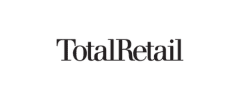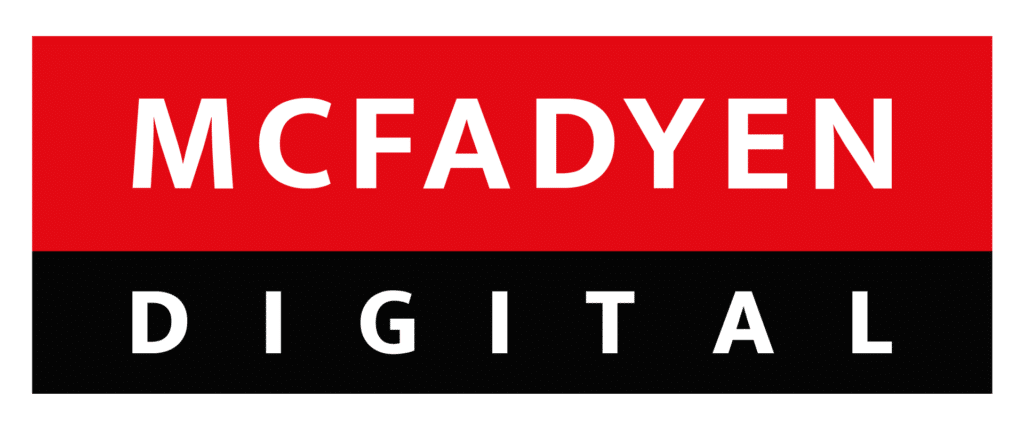
In this edition’s lead story, Peter Evans shares insights from the recently concluded event called “Platforms Renaissance: How S&P 500 Companies are Fostering Innovation through Platform Thinking.” The event discussed the opportunities and challenges of platforms for established firms with worldwide platform experts from both the academic and the practitioner world. The event was organized by Osservatori Digital Innovation and TheNTWK Digital Business Models and brought together leading platform practitioners and scholars. Peter highlighted three key trends influencing the platform economy in his remarks now and into 2024. Total Retail quotes Deloitte’s recently released 2023 Black Friday Cyber Monday Survey and reports that consumer holiday spending during the Thanksgiving week is expected to reach new highs as consumers look to make the most of festive deals. Spending during the Thanksgiving week is expected to be up 13 percent from last year, with shoppers expected to spend an average of $567 during Black Friday-Cyber Monday shopping events. Digital platforms have permanently altered social media, entertainment, and collaboration. Moving forward, interconnected ecosystems are expected to leave an indelible mark on the circular economy and manufacturing, even as players grapple with challenges such as value creation, regulation, and misinformation. MIT Sloan School of Management looks at the five trends for 2024 from the MIT Platform Report. Emerging trends in digital platforms include sustainability, connected manufacturing, the creator economy, and new regulations. The digital storefronts of e-commerce companies have become bustling marketplaces full of enticing products, options, and offers. In this vast virtual marketplace, the challenge for brands lies in displaying their wares and battling for consumer attention and engagement. Forbes’ article looks at how AI is helping e-commerce companies craft content that sells. AI allows brands to achieve personalized, persuasive, and profit-generating content. AI is becoming an indispensable tool in many businesses’ arsenals, from tailoring product descriptions to audience preferences to laser-targeted advertisements. Read this and other great stories in this week’s edition.
Notable news from the past week

Key Platform Trends: The Three C’s
Today it was an honor to share some observations on the trends shaping the future of platforms. The event, “Platforms Renaissance: How S&P 500 companies are fostering innovation through Platform Thinking,” was organized by Osservatori Digital Innovation and TheNTWK | Digital Business Models and brought together leading platform practitioners and scholars.In my remarks, I highlighted three key trends that are influencing the platform economy now and into 2024: Cost Consciousness, Consortium-backed Platforms, and Circular Platforms. This is not a comprehensive list. The platform economy now facilitates trillions of dollars of transactions annually. As a result, it gives rise to a multifaceted landscape, with significant change taking place at many levels including industry, region and global. Still, these three trends are significant and therefore important to explore in more detail.

Report: Thanksgiving Week Spending To Increase 13%
Consumer holiday spending during the Thanksgiving week is expected to reach new highs as consumers look to make the most of festive deals, according to Deloitte’s recently released 2023 Black Friday Cyber Monday Survey. Key findings from the annual survey include: Black Friday-Cyber Monday shopping is back. Spending during the Thanksgiving week period is expected to be up 13 percent from last year, with shoppers expected to spend an average of $567 during Black Friday-Cyber Monday shopping events. Year-over-year participation in this time period remains steady with eight in 10 planning to shop that period. In addition, 84 percent of consumers surveyed said they were planning to spend the same or more from what they initially projected in September. Online spending grows, but in-store shopping stays significant. Shoppers expect to spend $169 online this Black Friday vs. $121 in 2019. While in-store shopping on Black Friday remains significant, spending is down slightly year-over-year ($138 in 2023 vs. $145 in 2022), but still above 2019 levels. Millennials are embracing Black Friday. Millennials will drive the largest share of Thanksgiving week spending, as 43 percent plan to make purchases during this shopping period.

Five Trends For 2024 From The MIT Platform Report
Digital platforms have permanently altered social media, entertainment, and collaboration. Moving forward, interconnected ecosystems are expected to leave an indelible mark on the circular economy and manufacturing, even as players grapple with challenges such as value creation, regulation, and misinformation. At the 2023 MIT Platform Strategy Summit, hosted by the MIT Initiative on the Digital Economy, experts from academia, government, and industry identified five key trends for the platform economy, summarized in a new report. Widespread enthusiasm for AI extends to platforms. Experts associate AI technology with greater scalability and flexibility, enhanced decision-making and human-machine collaboration, and highly personalized processes.

What Is Platform Engineering?
Platform engineering improves developer experience and productivity by providing self-service capabilities with automated infrastructure operations. It is trending because of its promise to optimize the developer experience and accelerate product teams’ delivery of customer value. It also falls in line with the pattern of opening up technical work and knowledge across a broad set of roles and business functions. Generative AI has helped level the playing field in this manner. “Platform engineering emerged in response to the increasing complexity of modern software architectures. Today, non-expert end users are often asked to operate an assembly of complicated arcane services,” says Paul Delory, VP Analyst at Gartner. “To help end users, and reduce friction for the valuable work they do, forward-thinking companies have begun to build operating platforms that sit between the end user and the backing services on which they rely.”

How AI Is Helping E-Commerce Companies Craft Content That Sells
The digital storefronts of e-commerce companies have become bustling marketplaces full of enticing products, options and offers. In this vast virtual marketplace, the challenge for brands lies not only in displaying their wares but also in battling for consumer attention and engagement. With new technologies emerging every day and consumers demanding a more engaging and personalized brand experience, we, as business leaders, are inundated with finding ways to stay one step ahead of the competition in a fiercely competitive market. Enter artificial intelligence (AI), the innovative solution transforming the way e-commerce companies regard and approach content creation. AI makes it possible for brands to achieve personalized, persuasive and profit-generating content. From tailoring product descriptions to audience preferences to laser-targeted advertisements, AI is becoming an indispensable tool in many businesses’ arsenals.

Retailers Brace For Cyberthreat Feast Ahead Of Thanksgiving Shopping Weekend
Ahead of the Thanksgiving holiday and Black Friday weekend, retailers are bracing for a surge in cyber activity as threat groups look to disrupt critical supply chains and lure customers in search of deep discounts. Retailers are facing an increased threat from phishing as an initial intrusion vector; threat groups are using social engineering to bypass multifactor authentication and harvest credentials, according to the Retail and Hospitality ISAC. Generative AI has increased the speed and sophistication of threat groups, too. Researchers from Trustwave SpiderLabs warned that LLMs like WormGPT and FraudGPT are capable of composing malicious emails that are harder to detect. Threat groups are finding sophisticated new technologies to target retailers and their customers, as consumers turn to e-commerce channels to find the best discounts.

Key Benchmarks For Amazon Marketplace Sellers: Operational Complexity
What is a good conversion rate on Amazon? What percentage of sales should I be spending on advertising? And what kind of click-through rate can I expect on my ads on Amazon? Many of the nearly 2 million brands selling on Amazon.com Inc.’s online marketplaces around the world no doubt ask themselves these questions about performance. And now there’s a report that provides them benchmarks on 18 key performance metrics. The report comes from Fortunet Partners Ltd., an investment bank that specializes in deals involving Amazon sellers and other ecommerce companies. Fortunet says its report, “Benchmark Guide for Amazon Private Label,” reflects data it’s obtained through its engagement with more than 150 Amazon-focused merchants in the United States, United Kingdom and Europe.
.
To subscribe to the Ecommerce & Marketplaces Newsletter, please complete the subscription form on this page (either to the right or below this article, depending on device). If you have any suggested content for this newsletter or would like to discuss evolving your organization’s digital commerce, please write to us at info@mcfadyen.com.
Related Articles
Turn Insight Into Impact.
Start Today.




